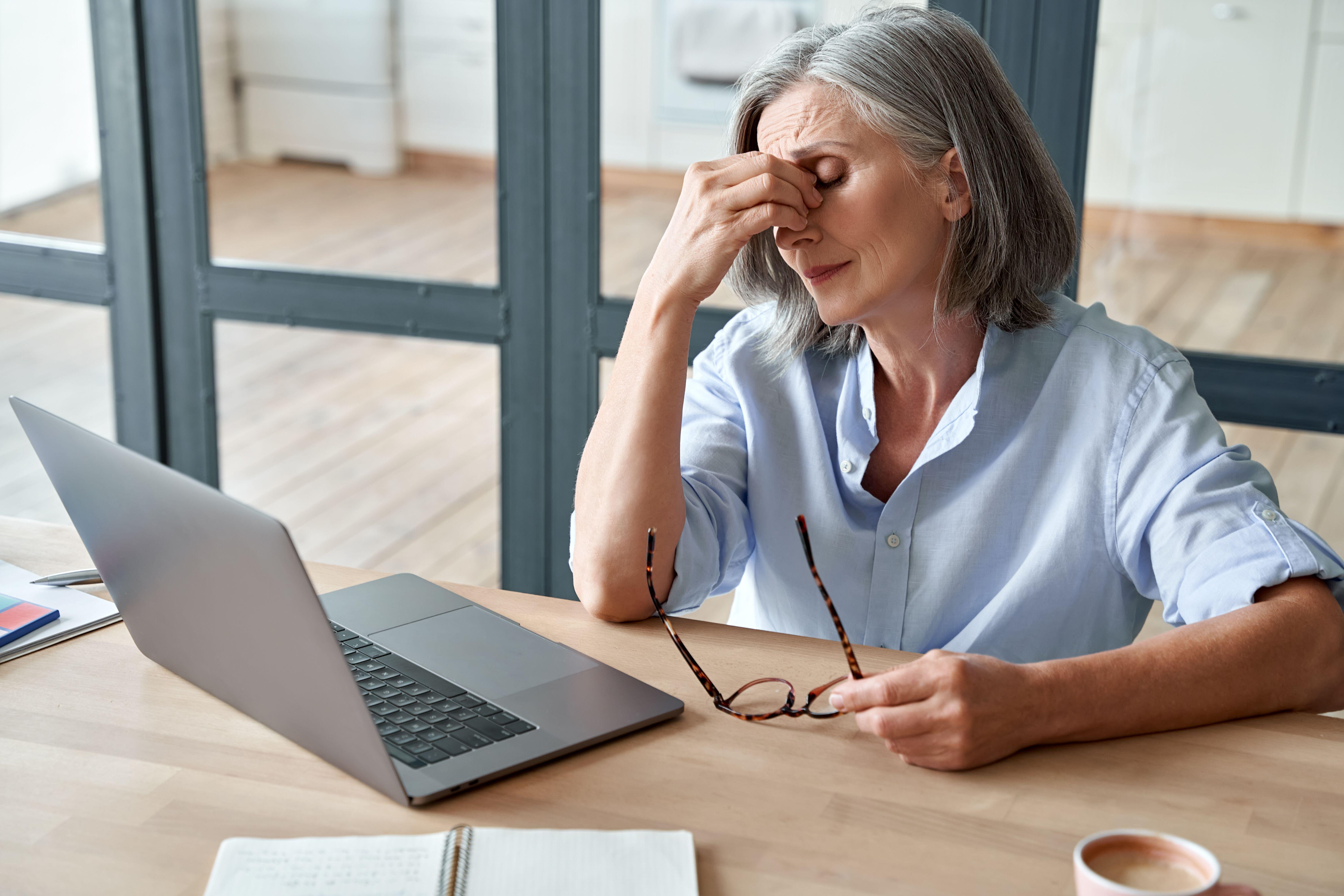Poor bone health in menopausal women rising, study finds
Experts warn of ‘huge burden on health and social care systems globally’

Your support helps us to tell the story
From reproductive rights to climate change to Big Tech, The Independent is on the ground when the story is developing. Whether it's investigating the financials of Elon Musk's pro-Trump PAC or producing our latest documentary, 'The A Word', which shines a light on the American women fighting for reproductive rights, we know how important it is to parse out the facts from the messaging.
At such a critical moment in US history, we need reporters on the ground. Your donation allows us to keep sending journalists to speak to both sides of the story.
The Independent is trusted by Americans across the entire political spectrum. And unlike many other quality news outlets, we choose not to lock Americans out of our reporting and analysis with paywalls. We believe quality journalism should be available to everyone, paid for by those who can afford it.
Your support makes all the difference.Poor bone health in menopausal women is rising yet many remain unaware of the issue, a study has found.
Research shared exclusively with The Independent noted ill bone health in menopausal and post-menopausal women was increasing due to ageing populations around the world.
Many of the 3.4 million women aged between 50 and 64 in the UK will be experiencing symptoms of the menopause, with side effects ranging from heart palpitations to hot flushes, vaginal pain, anxiety and depression.
Researchers, whose findings were published on World Menopause Day, warned the problem of poor bone health was a commonly overlooked menopausal symptom.
Women going through menopause will often lose bone quickly, the report by the International Menopause Society noted. More than 200 million women around the world are estimated to have osteoporosis, while one in three around the world who are over 50 will suffer osteoporosis fractures.
Osteoporosis leads to bones becoming fragile due to the loss of tissue, with the medical condition generally triggered by hormonal changes or a dearth of calcium or vitamin D.
The report identified osteoporosis a key global health issue with fractures linked to the condition impacting on people’s quality of life and increasing the risk of disability.
Steven R Goldstein, the International Menopause Society’s president, said: “Bone health is a crucial issue for midlife women.”
Dr Goldstein, who is professor of Obstetrics and Gynecology at NYU Grossman School of Medicine, warned developing osteoporosis can have a substantial impact on people’s “day to day functioning, quality of life and ability to live independently”.
He added: “Worldwide, osteoporosis causes more than 8.9 million fractures annually. The implications of this are extremely serious, sadly 21 per cent of women who fracture their hip will die within one year. In addition, poor bone health places a huge burden on health and social care systems globally.”
Women’s ovaries stop generating the hormone oestrogen after their last menstrual period – with this causing the strength of the bone to decline.
Tobie de Villiers, a consultant gynaecologist and one of the report’s authors, added: “Osteoporosis is often referred to as a silent disease”. Previously, it was only diagnosed when a fracture occurred, but we can now make predictions using the presence of risk factors.
“And women should be helped by health services to make lifestyle changes or discuss the need for specific medication to restore bone strength.
“Healthcare practitioners should also acknowledge the increased fracture risk associated with osteosarcopenia so that diagnosis and treatment becomes part of routine health care for post-menopausal women.”
The International Menopause Society recommends women preserve healthy bones by raising how much calcium, vitamin D and protein they consume, as well as exercising to preserve muscle mass, refraining from smoking and curtailing alcohol usage.



Join our commenting forum
Join thought-provoking conversations, follow other Independent readers and see their replies
Comments